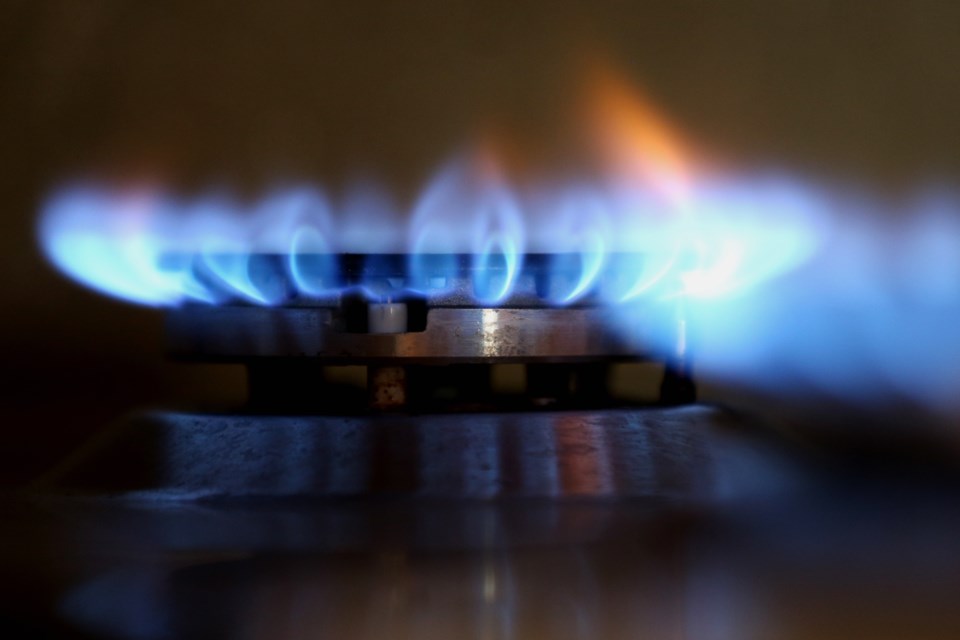Converting from natural gas to electricity could cost B.C. restaurants an average of $800,000 in conversion costs and lost business, a new report warns.
The report by Pacific Solutions Contracting was commissioned by the BC Restaurant and Foodservices Association (BCFRSA) and the BC Coalition for Affordable Dependable Energy, which are calling on municipal governments to put the brakes on zero carbon step code regulations that would ban the use of natural gas in new buildings ahead of provincial 2030 targets.
“It’s fine to say: ‘let’s go electric’ until you take a serious look at exactly how that would work and how expensive it would be – and that’s why we had this study done, with very concerning results,” said BCFRSA CEO Ian Tostenson
“We can’t just impose regulations like some municipalities are now doing without considering the economic impact on restaurants or the feasibility of multiple restaurants in a municipality having to convert to electricity.”
In its study, the consulting firm Pacific Solutions Contracting estimated the financial impact of converting an existing restaurant in Vancouver from primarily natural gas-operated equipment to all electrically-operated equipment. This included the removal of existing cooktops, stoves, piping and valves and patio heaters, renovations and purchase and installation of electric equipment.
The report estimated the cost of the conversions for a 3,500-square foot restaurant to be $450,810. Business interruptions during the conversions would have an additional impact, bringing the total impact to $800,000, on average.
It should be noted that the provincial regulations that will phase out natural gas do not apply to existing buildings, only new ones, after 2030, so there would actually be no conversion costs, as new buildings would not have natural gas hookups or equipment in the first place.
But Tostenson’s association fears that municipal or provincial governments will eventually take the next step and also introduce bans on natural gas in existing buildings.
“We know it’s coming,” Tostenson told BIV 撸奶社区. “We know it’s part of the plan because they’re not going to electrify the province and leave restaurants out of it.
“When they say, ‘don’t worry, restaurants aren’t part of this’ -- not today they’re not. But we have to be prepared that eventually they will.”
“The BC Coalition for Affordable Dependable Energy believes that municipalities which are imposing natural gas and renewable natural gas bans years ahead of the provincial 2030 plan are going to cause serious negative economic impacts and job losses on restaurants but also on other small and medium-sized businesses – without any significant reduction in carbon emissions or any improvement in air quality,” said Bill Tieleman, executive director for the BC Coalition for Affordable Dependable Energy.
“These natural gas bans on new buildings will also be very costly, with the price of electricity going up as B.C. imports more power from outside the province - $500 million last year – and some of it from fossil fuel power plants that create greenhouse gas emissions that completely undercut the zero carbon goals.”




